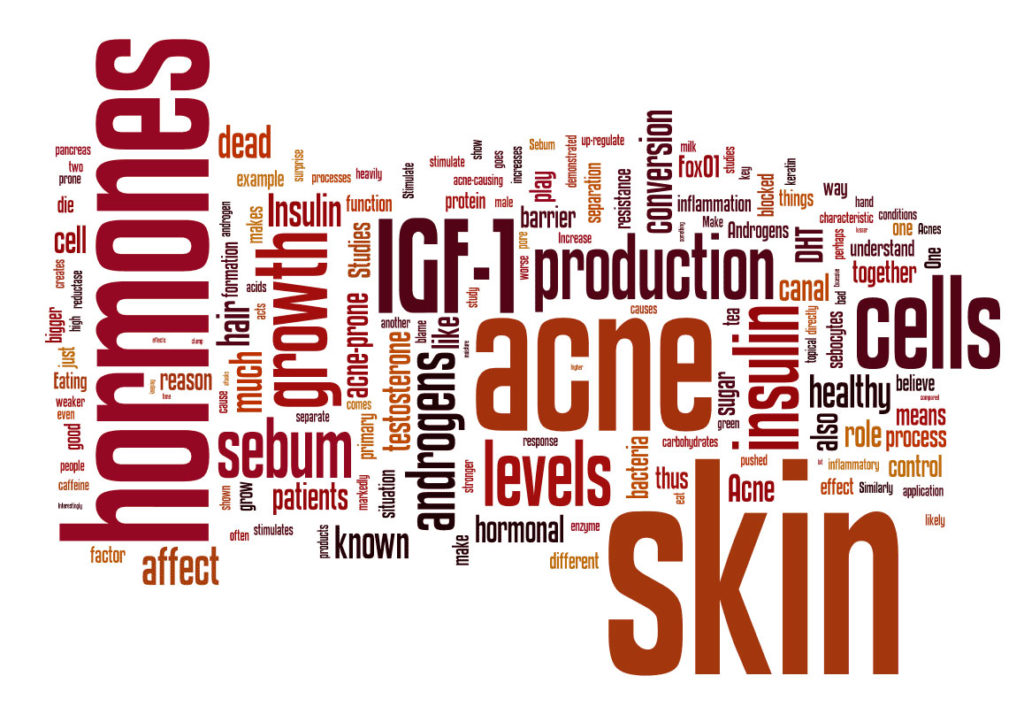When you hear the word ‘histamine’, your mind probably goes straight to allergies, hay fever, and antihistamine medications. However, this naturally occurring compound plays a much broader role in our bodies than many realise. As a naturopathic practitioner, I am eager to lead you through the intricate world of histamines, their impact on our bodies, and the compelling relationship between our gut health and histamine production.
Histamines: Not Just for Allergies
Histamine is a biogenic amine, a type of organic compound involved in various physiological functions. It’s part of our immune response, plays a role in gastric acid secretion for digestion, acts as a neurotransmitter influencing our sleep-wake cycle, and mediates allergic reactions. Our bodies produce histamine, but we also consume it in certain foods like fermented foods, aged cheeses, and alcoholic beverages.
Soaring High: Signs of Elevated Histamine
The problems begin when histamine levels climb too high, a condition called histamine intolerance. When histamine builds up faster than our bodies can break it down, a range of symptoms can manifest, mimicking an allergic reaction. These can include:
- Skin reactions: hives, flushing, itching.
- Digestive issues: nausea, vomiting, abdominal cramping, bloating.
- Respiratory problems: sneezing, nasal congestion, difficulty breathing.
- Cardiovascular symptoms: irregular heartbeat, low blood pressure.
- Neurological symptoms: headaches, fatigue, insomnia.
Histamine intolerance can be tricky to assess, as these issues overlap with many other health concerns. However, histamine intolerance might be the culprit if these issues persist or are triggered by histamine-rich foods.
Gut Health: The Histamine Production Headquarters
The gut plays a central role in histamine production and regulation, a fact that brings the discussion on histamine intolerance into the domain of gut health. Here are three key ways your gut health affects histamine levels:
- Gut Flora Balance: Our gut is home to a diverse community of microorganisms, collectively known as the gut microbiota. Some of these microbes produce histamine, while others help to degrade it. An imbalance in this microbial community, called dysbiosis, can lead to an overproduction of histamine, contributing to histamine intolerance.
- Gut Permeability: Sometimes referred to as ‘leaky gut’, increased gut permeability allows larger molecules, including histamine, to cross the gut barrier and enter the bloodstream. This can lead to an increase in systemic histamine levels.
- Enzyme Function: The enzyme diamine oxidase (DAO) is responsible for breaking down histamine in the gut. However, gut inflammation, often stemming from conditions like inflammatory bowel disease or gluten sensitivity, can impair DAO function. This results in reduced histamine breakdown and, consequently, elevated histamine levels.
Understanding the intricate relationship between the gut and histamine regulation is key to managing histamine intolerance. By focusing on enhancing gut health through a balanced diet, prebiotics, probiotics, or targeted interventions like DAO supplements, we can help regulate histamine levels and alleviate the symptoms of histamine intolerance.
Histamine is more than a molecule mediating allergic reactions. It’s an integral part of our body’s functioning; its regulation is deeply intertwined with our gut health. So, the next time you experience symptoms that you can’t quite explain, consider your histamine levels, and gut health – they may be holding the answers you’re seeking. As always, seeking guidance from a naturopathic practitioner can provide personalised strategies to balance your histamine levels and support your overall health.




